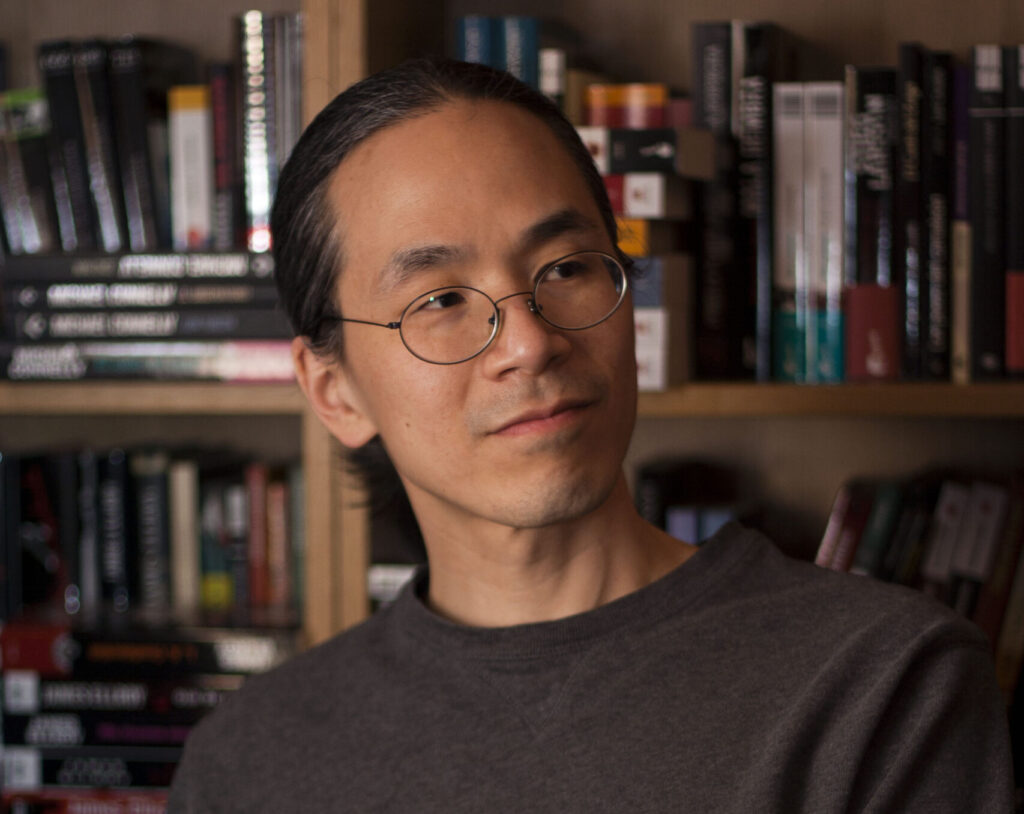
Ted Chiang: The Conscience of AI and the Power of Science Fiction
Ted Chiang, renowned for his incisive science fiction stories, holds a unique position in the discourse surrounding artificial intelligence (AI). While his fictional worlds delve into the complex interplay between science and humanity, his real-world commentary serves as a critical lens on the current state of AI development and its societal impact.
Exploring Human Nature Through Fiction
Chiang has masterfully used the genre of science fiction to explore ethical and philosophical dilemmas related to science and technology. Whether he’s pondering the implications of a hormone injection that improves cognitive function or exploring how learning an alien language might change our perception of time, his stories serve as cautionary tales that prompt us to think deeply about the path we’re on.
A Sharp Critic of AI
Lately, Chiang has emerged as an astute critic of AI and the industry that supports it. His writings in the New Yorker have challenged not just the technology itself but also the power structures it perpetuates. He questions the notion of “progress” when AI technologies disproportionately benefit corporations and shareholders, leaving workers and societal well-being by the wayside. In his words, “What does progress even mean, if it doesn’t include better lives for people who work?”
On Language and Metaphors
Chiang also scrutinizes the language we use to describe AI systems. He notes that our choice of metaphors can mislead our understanding of how these systems operate. For instance, referring to a large language model’s generation of false information as a “hallucination” implies a level of sentience that simply isn’t there. He prefers the term “confabulation,” which more accurately portrays the behavior of current AI models—filling gaps in data without an understanding or awareness of the action.
The Role of Science Fiction
Chiang’s stories often venture into the realm of sentient AI beings, a trope that, he argues, has potentially inflated public expectations of AI capabilities. He believes that while science fiction can serve as a vessel for important political and ethical discussions, its primary duty is to be good art. And although his works can often seem like premonitions of future technological pitfalls, Chiang is cautious not to claim moral authority based on speculative tales.
A Reality Check on AI’s Future
His skepticism extends to the oft-discussed notion of self-improving AI reaching superintelligence. While acknowledging the appeal of such a concept as a story idea, he finds its treatment as an impending reality to be unsettling. In Chiang’s view, discussions about AI should be grounded in current capabilities and societal impacts rather than far-flung fantasies.
As AI continues to evolve and embed itself more deeply into the fabric of society, voices like Ted Chiang’s are invaluable. He provides a necessary counterpoint to the unbridled optimism often associated with AI advancements, challenging us to scrutinize not just the technology itself, but the ethical and societal contexts in which it operates. As we look towards a future increasingly influenced by AI, Chiang’s insights serve as both a warning and a guide on how to navigate the complex landscape ahead.
Source: https://time.com/collection/time100-ai/6308990/ted-chiang/